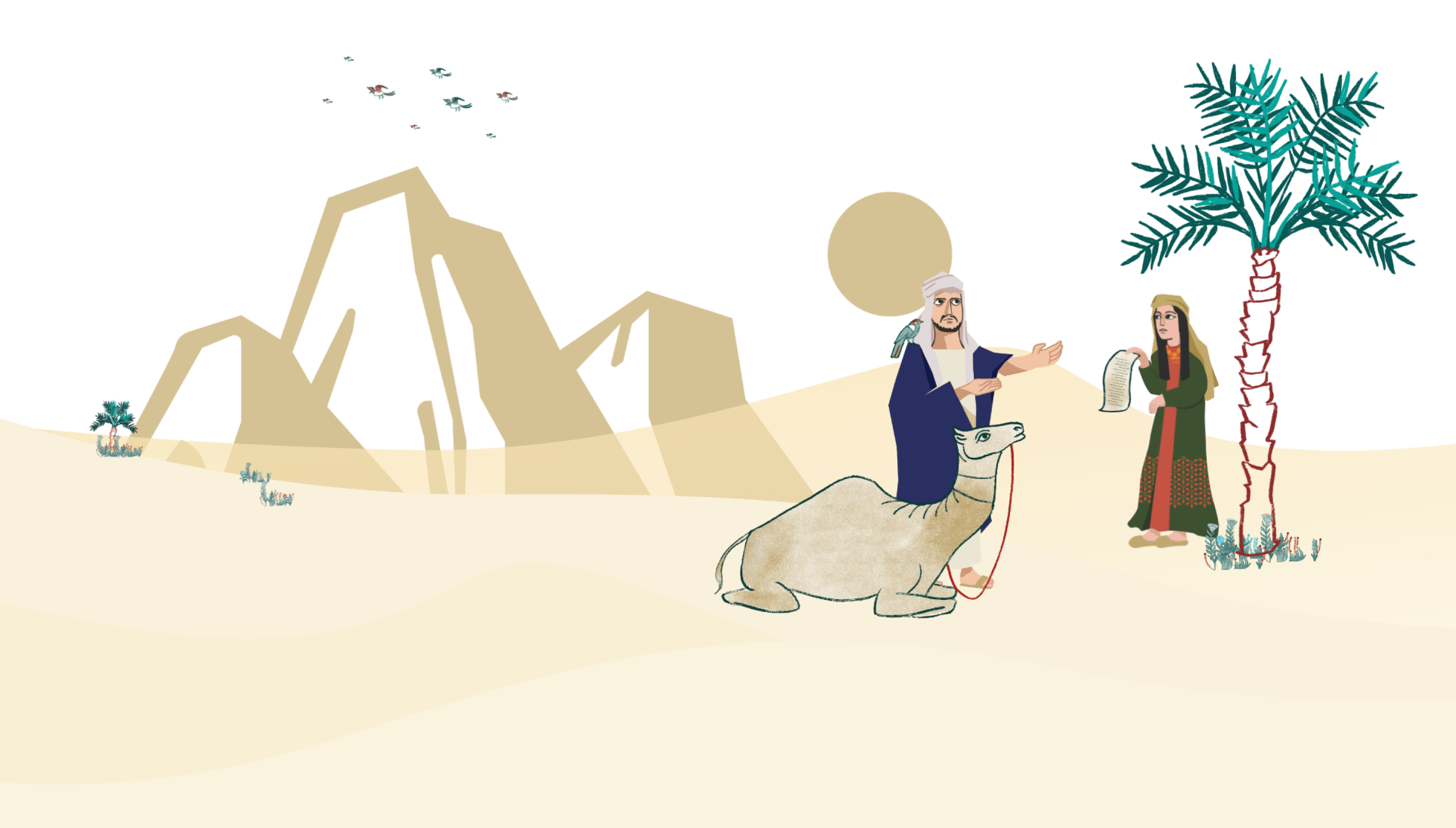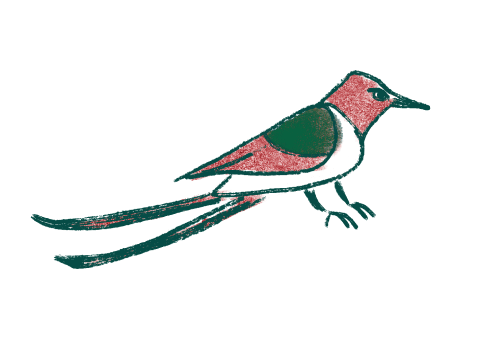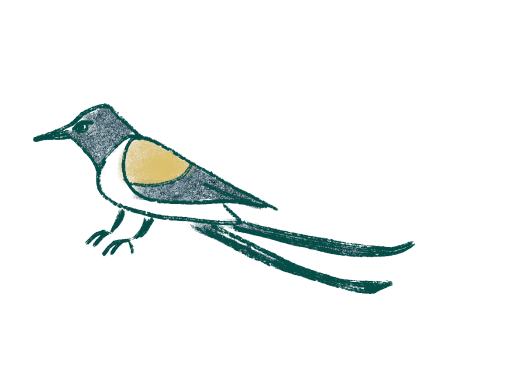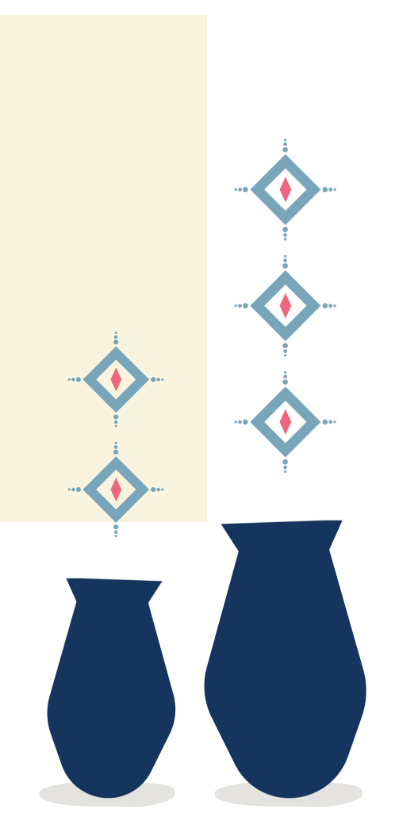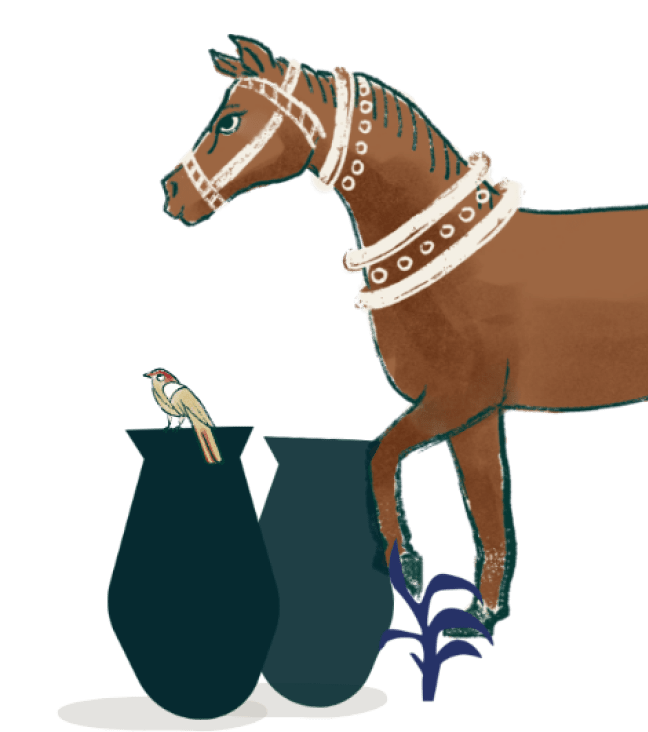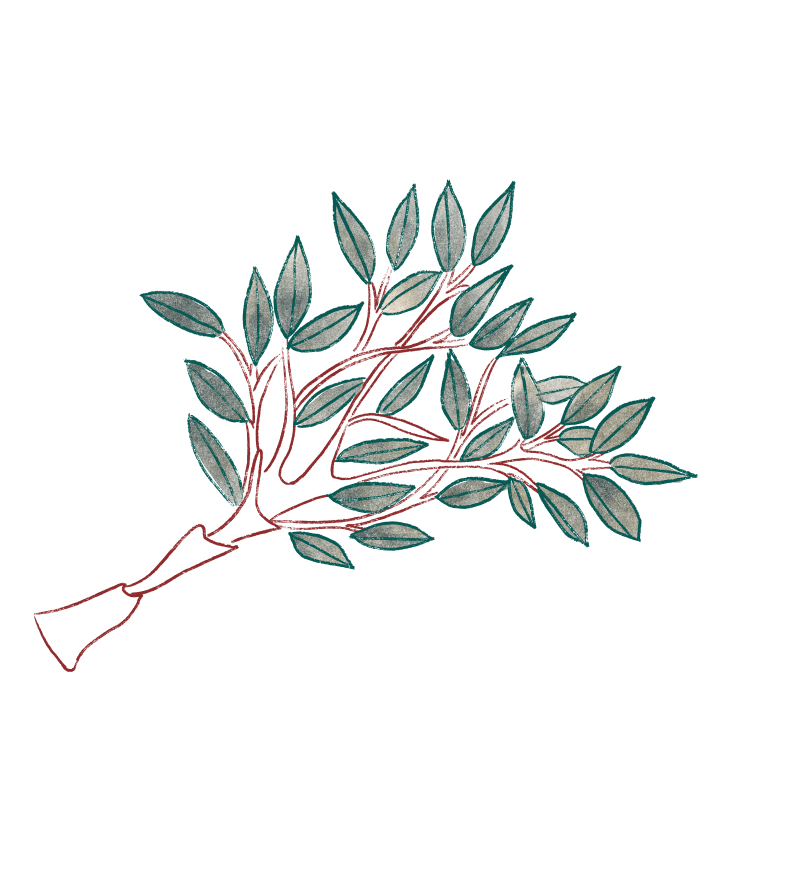About Research Scholarship of Arabic Poetry
From our land, the movement of Arabic poetry was launched to the world, and in it the most precious poems and pearls of poetry were recited, and from it the stirrups traveled with it, and it spread in the east and west of the land, carrying the spirit of Arabism, its values, and its eternal glories.
Objectives
Highlighting the poetic cultural component and its roots in the history of the Arabian Peninsula
Enriching the developed and sustainable poetic creativity
Enhancing the status of Arabic poetry in the culture of the individual
Research Scholarship Areas
Poetry between eloquent and colloquial dialects
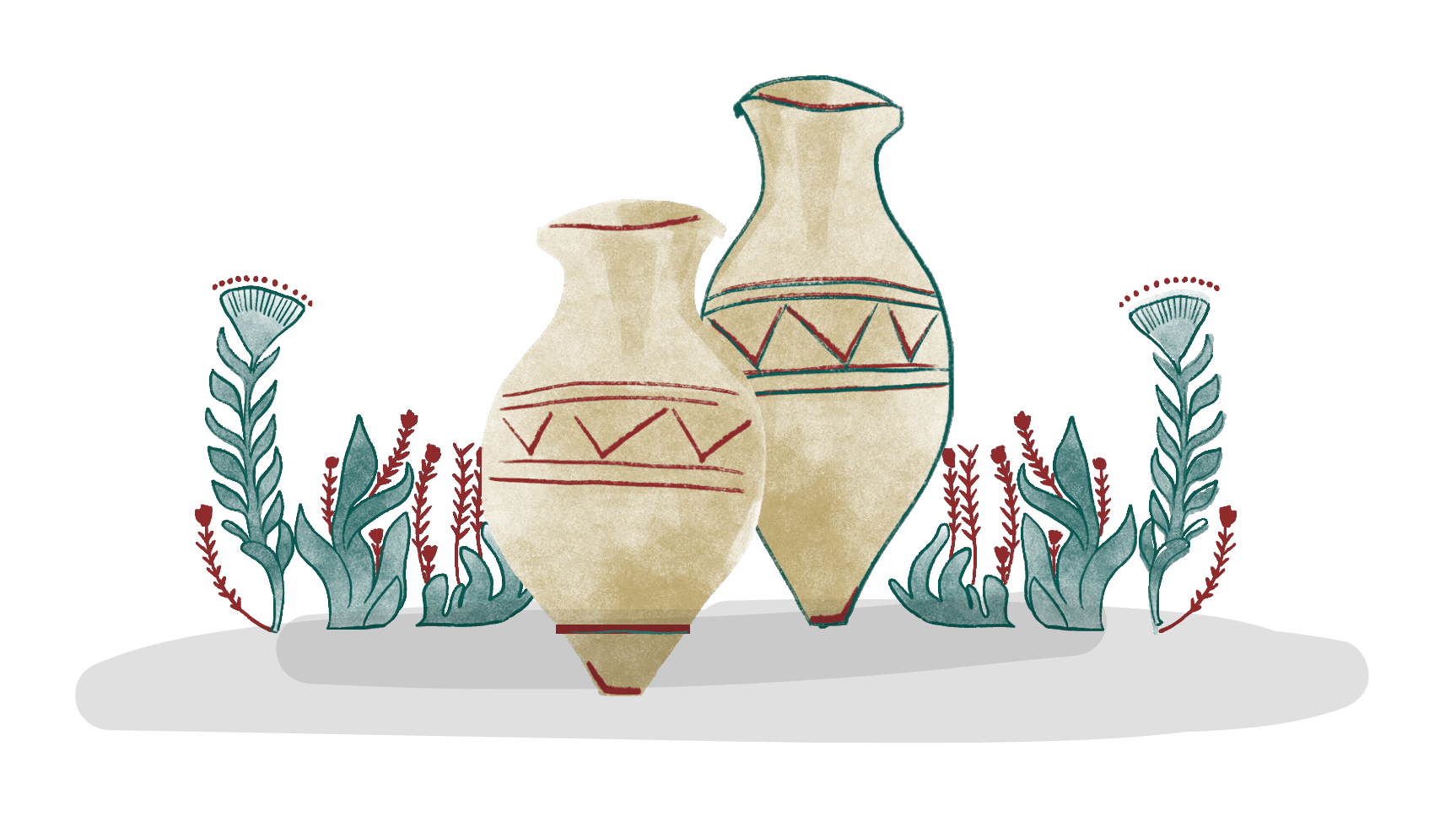
Poetry and digitization
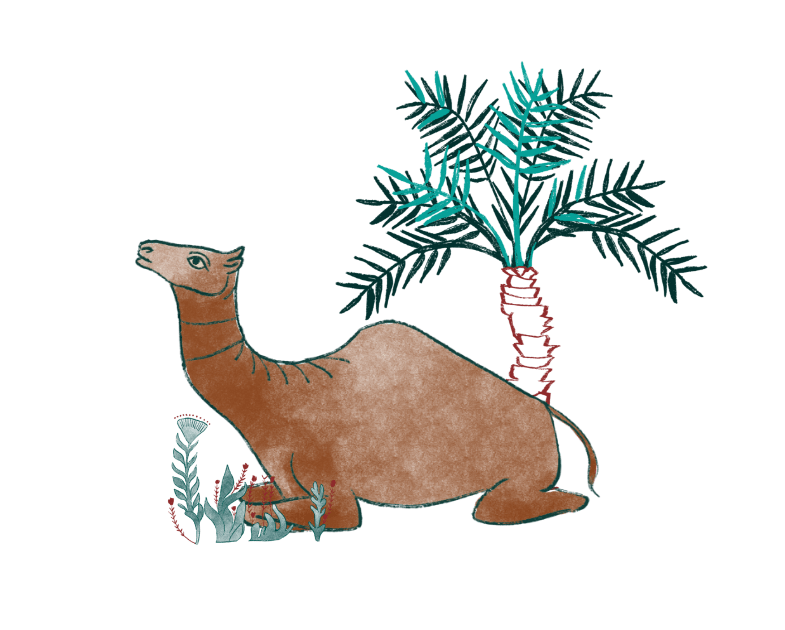
Arabic poetry in the presence of the world
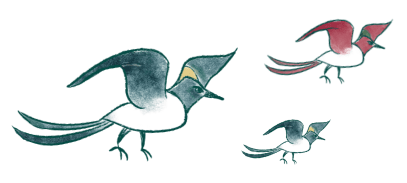
Poetry and place
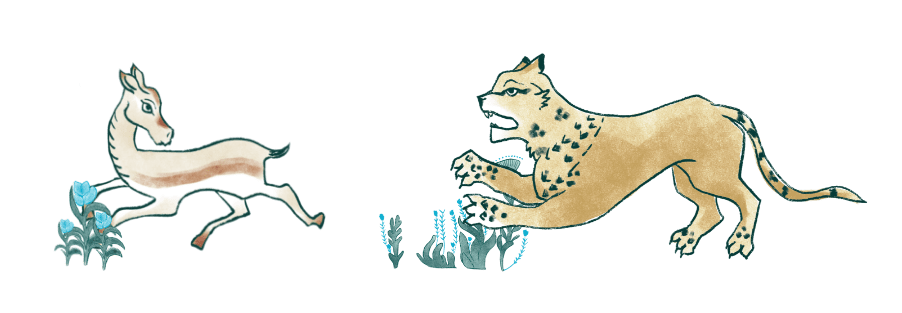
Poetry in the Arabian Peninsula
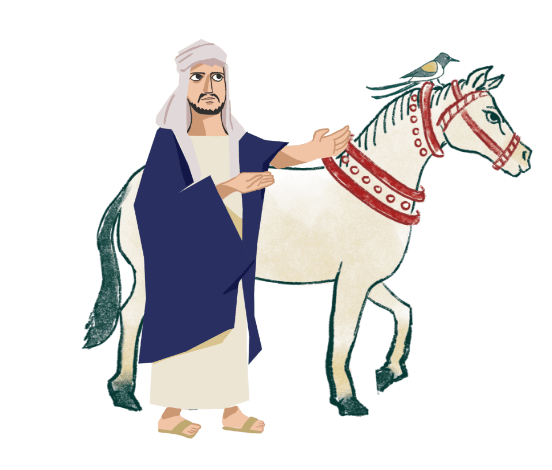
Arabic poetry between freedom of creativity and the restrictions of belonging
Application Date
The application period is from May 1-31
Support & Follow-up
In addition to the grant, the Ministry of Culture - in cooperation with the relevant authorities - will supervise, follow-up and research support for the accepted researchers, whether by providing guidance or helping to obtain the necessary resources.
Target Audience
This program targets researchers and specialists interested in researching the various fields of Arabic poetry from inside and outside the Kingdom.
Relevant authorities
Terms and criteria for submission
-
Apply for the scholarship on time, fulfill all conditions and upload the required documents.
-
After obtaining the grant, the researcher/research team must submit the research published in one of the recommended research vessels.
-
Individuals and research groups are entitled to apply for the grant, provided that the number of researchers in one team does not exceed five researchers. Including the principal investigator who is in charge of submitting the application, provided that the other application conditions apply to him.
-
The applicant is entitled to benefit from the grant only once.
-
The research proposal addresses a research area that falls within the scope of the program's research priorities and achieves its objectives.
-
The language of the research proposal should be Arabic, English or French.
-
Application is open to researchers and practitioners of all nationalities.
-
The researcher's acknowledgment that the research has not been previously published, and is not under publication by another party before obtaining the grant.
-
The researcher's acknowledgment that the research is not derived from another work, whether it is a scientific thesis (Master's or Ph.D.) or others, and it was not supported by any other research grant
-
Each researcher and participating research team retains intellectual property rights, and when publishing the research, it is enough to write that the research is supported by the Ministry of Culture.
-
The Ministry has the right to withhold the grant if any violation of the ethics of scientific research or any of the other conditions is proven, and those from whom the grant was withheld are not entitled to apply again during this session.
-
In case of inquiries, please contact grants@moc.gov.s
King Faisal Road, Bujairi, Diriyah, 1371100
+ 9668001189999
info@moc.gov.sa
Subscribe to our newsletter
By submitting this form, you consent to the collection and processing of your data in accordance with our privacy policy.
